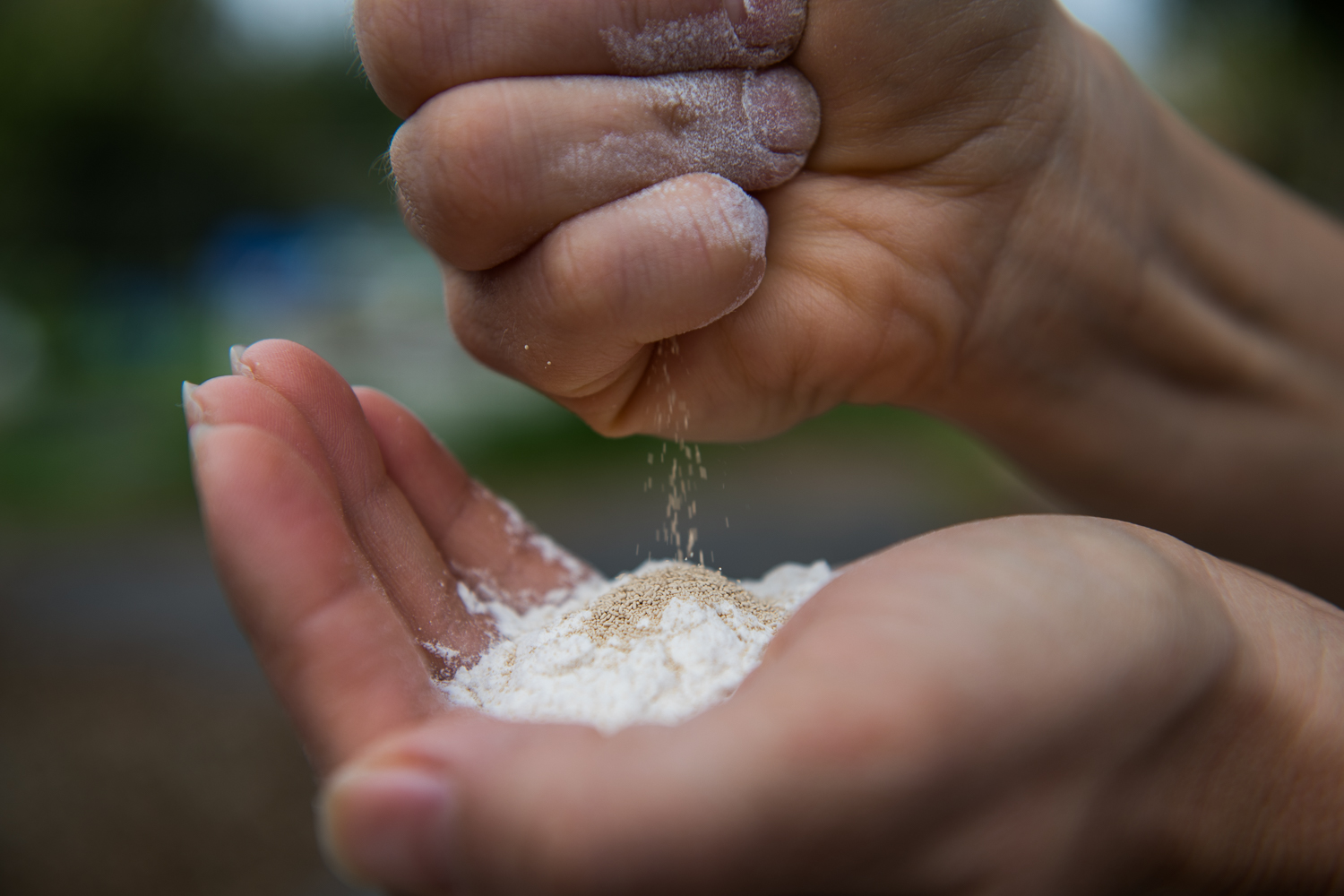The kingdom of heaven is like sin

By Tom Pfingsten | Read the verses.
To a first-century Jew who expected their king to ride in with a sword and liberate Israel, there would have been something a little off about the analogies Jesus liked to use. The two in this passage are downright bizarre.
Jesus loves to let the air out of our tidy religious expectations, and here he is telling us how he will win, how his kingdom will eventually overtake Rome, and how gloriously counterintuitive the power of the gospel will be.
Matthew 13:31-32.
Jesus “puts another parable before them.” An almost invisible seed will be planted in a vast field, and from it will sprout a living organism defying the laws of nature until it grows so dominant that it makes all of its rivals seem like quaint little garden shrubs.
In a society where most families grew their own food, it went without saying that mustard trees don’t exist. Mustard bushes rarely grow over head high. Birds don’t make nests in their branches. It’s all wrong.
Has this guy ever seen mustard growing?
But this is exactly his point: The kingdom of heaven is like nothing anyone has ever seen before. Jesus is saying in every time and in every place, the kingdom is not growing where you would expect, or in the ways that you would expect. It’s not just unlikely for a mustard seed to grow into a redwood—it’s impossible.
Matthew 13:33.
In every Jewish household, leaven was a powerful metaphor for sin. God himself provided the image all the way back in Egypt. Jews would have heard this scandalous comparison and thought, “He just said the kingdom of heaven is like sin.”

Jesus is teaching that the kingdom of God will spread just like sin once spread, going everywhere sin has gone, changing everything it touches, irrepressibly viral—but making all things new. Sin is powerful and persistent: once it gets into the flour, you can’t take it out again. God’s kingdom is like that.
The picture of Jesus’ kingdom comes into sharp focus between these two parables—from its origin to how it grows and, finally, how it will end.
Jesus is the humble seed who died and was put in the ground, ushering in a kingdom that spreads irresistibly throughout the whole world.
What kind of power can reach into the heart of a man and heal him from the inside out? If you can do that, what couldn’t you do?
The answer is nothing. The power to forgive sins is checkmate power. Jesus can win wars, topple oppressive governments, restore broken marriages, and even bring a self-righteous person to their knees—all by exposing sin and washing it away with his own precious blood.
Like Jesus’ original audience, we’re still prone to assume that his kingdom is about things we can see, like political power, cultural influence or right theology. But nobody has ever actually seen a tree growing. Instead, the kingdom is revealed in the fruit of undoing at every turn what sin has done in his world. Christ’s kingdom is growing everywhere and every time sins are forgiven.
At the end of history, the kingdom will tower over the earth like a new kind of tree—humility itself reaching to the heavens—because after Jesus was put into the ground, he rose a king like the world had never seen.
